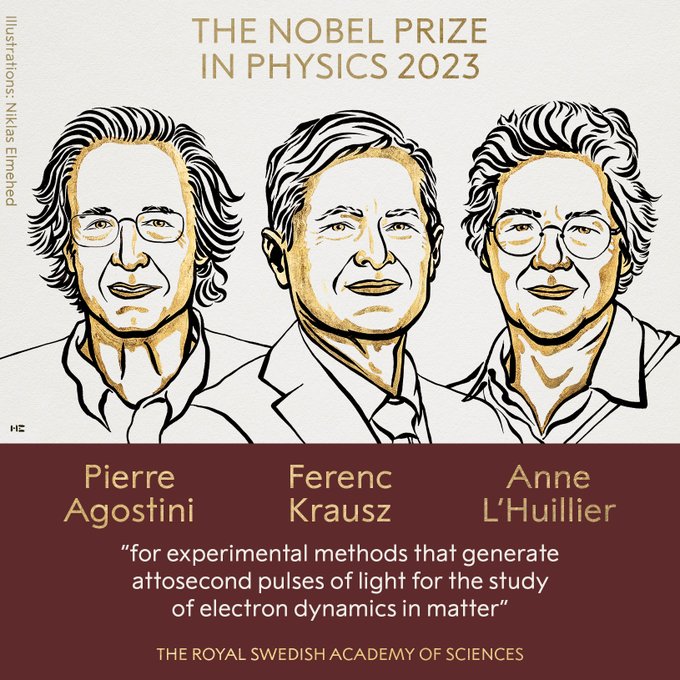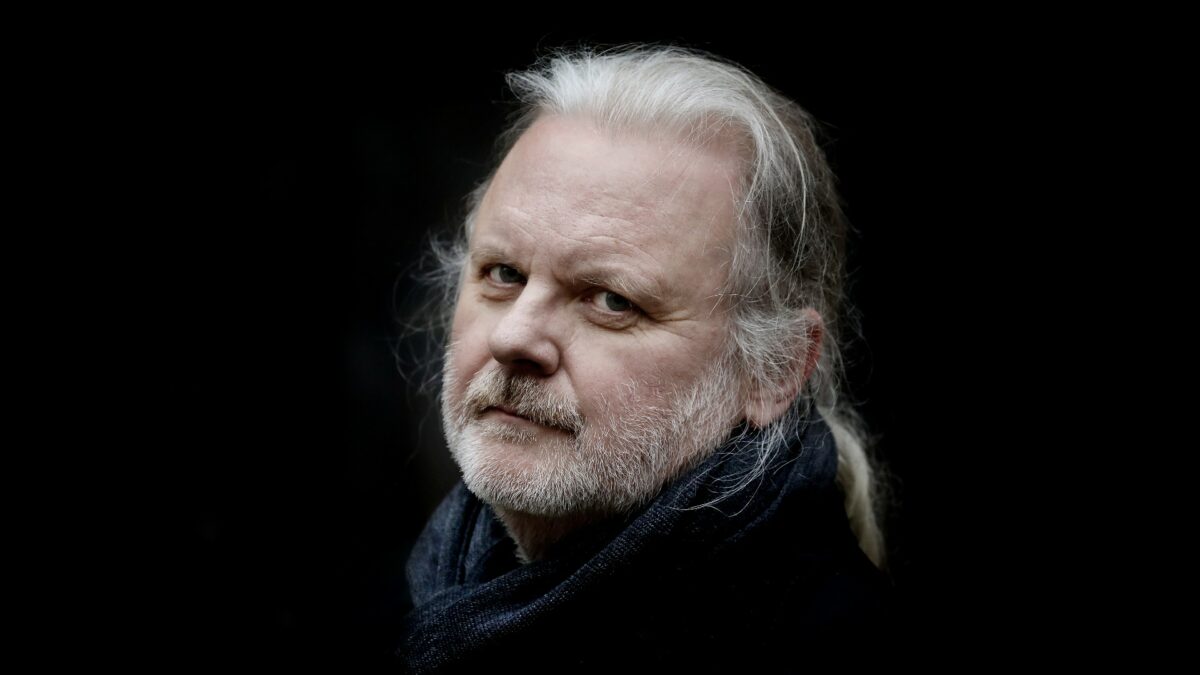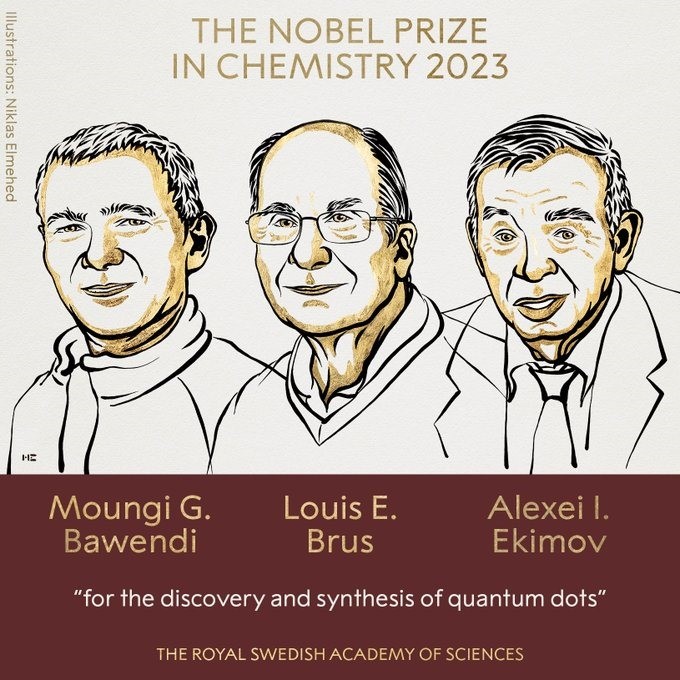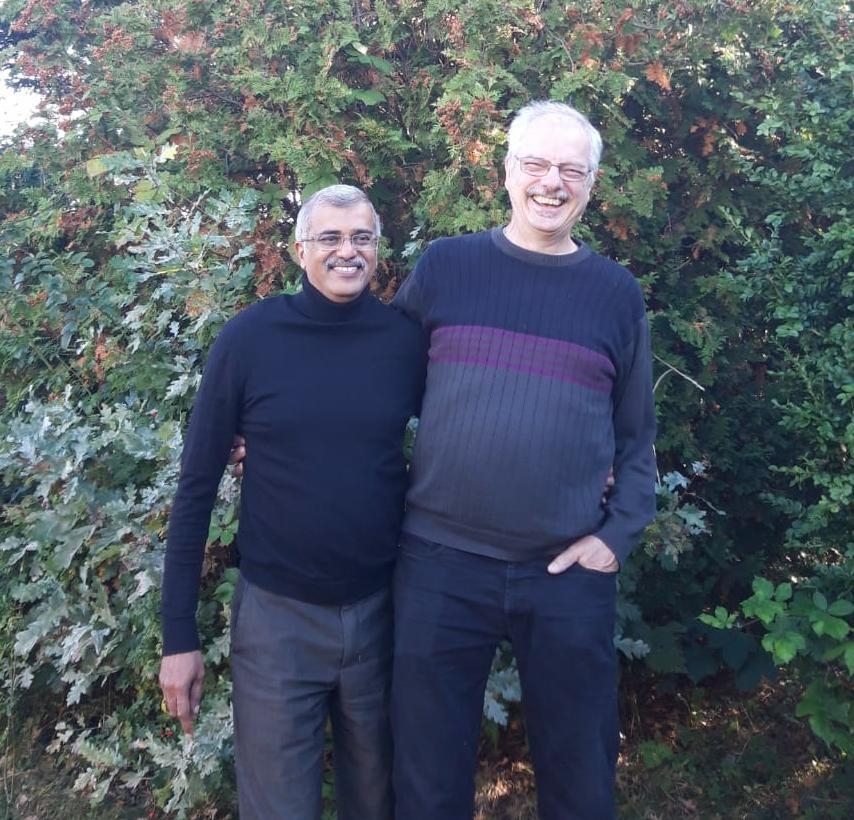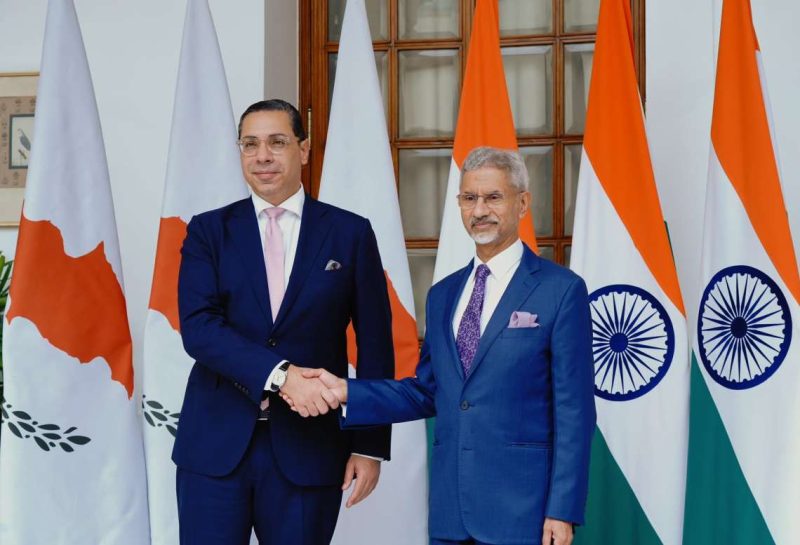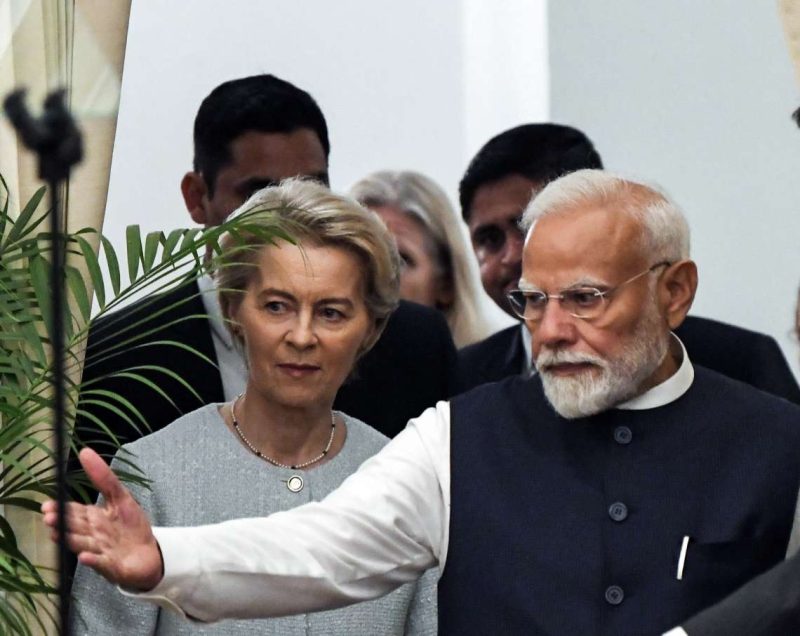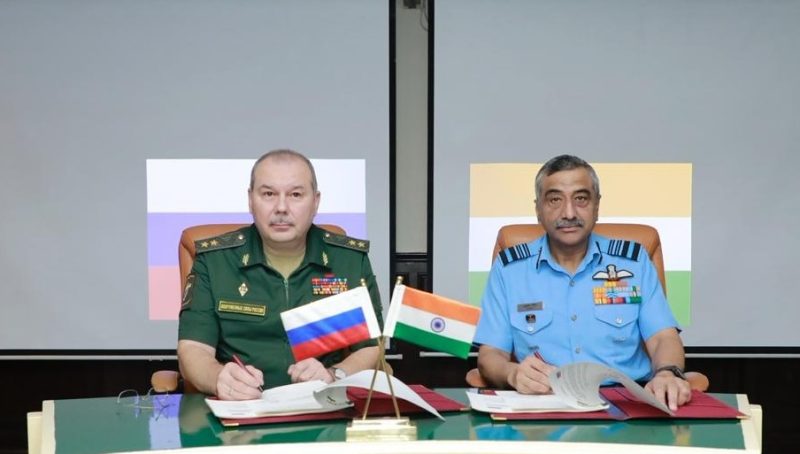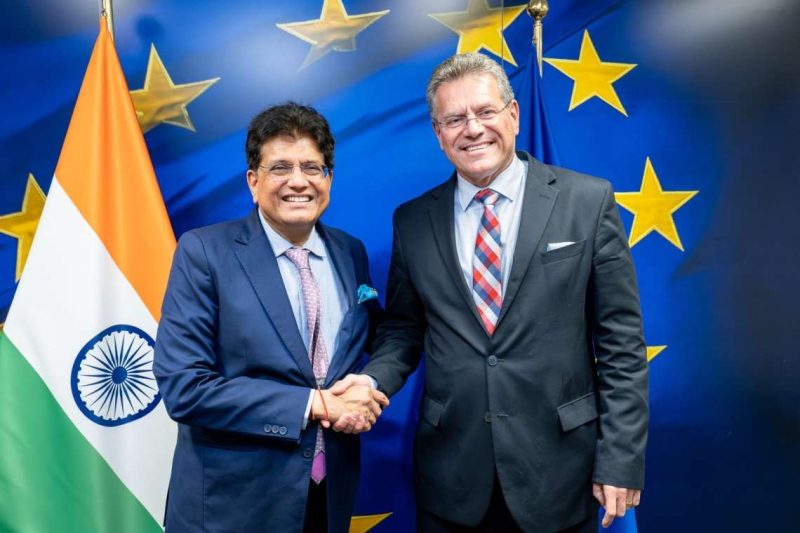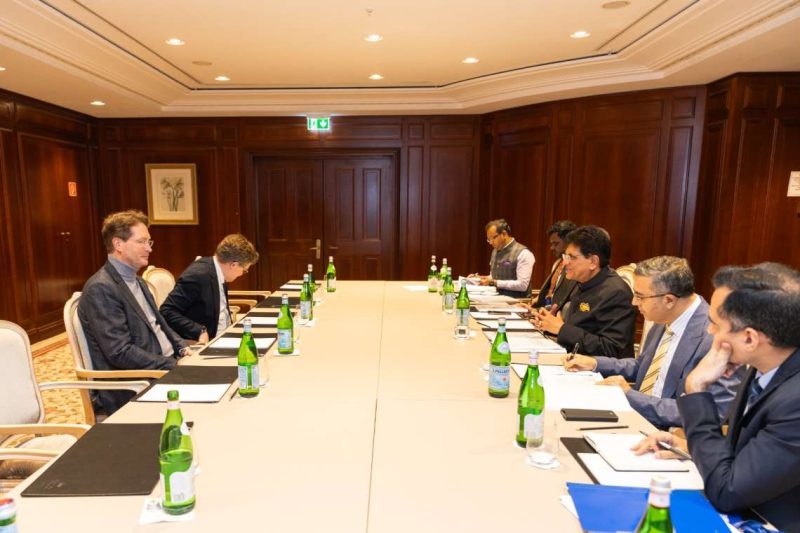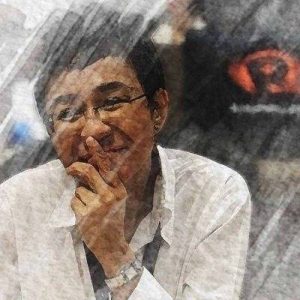The Laureates’ experiments have produced pulses of light so short that they are measured in attoseconds, thus demonstrating that these pulses can be used to provide images of processes inside atoms and molecules…reports Asian Lite News
The Royal Swedish Academy of Sciences on Tuesday awarded the Nobel Prize in Physics 2023 for exploring the world of electrons with extremely short pulses of light.
The award went to Pierre Agostini from the the Ohio State University; Ferenc Krausz from Max Planck Institute of Quantum Optics, Germany; and Anne L’Huillier from Lund University, Sweden “for experimental methods that generate attosecond pulses of light for the study of electron dynamics in matter”.
In the world of electrons, changes occur in a few tenths of an attosecond — an attosecond is so short that there are as many in one second as there have been seconds since the birth of the universe.
The Laureates’ experiments have produced pulses of light so short that they are measured in attoseconds, thus demonstrating that these pulses can be used to provide images of processes inside atoms and molecules.
“The three Nobel Laureates in Physics 2023 are being recognised for their experiments, which have given humanity new tools for exploring the world of electrons inside atoms and molecules,” the Academy said in a statement.
“Pierre Agostini, Ferenc Krausz and Anne L’Huillier have demonstrated a way to create extremely short pulses of light that can be used to measure the rapid processes in which electrons move or change energy”.
A prize money of 11 million Swedish kronor will be shared equally between the Laureates. In 1987, L’Huillier discovered that many different overtones of light arose when she transmitted infrared laser light through a noble gas.
Each overtone is a light wave with a given number of cycles for each cycle in the laser light. They are caused by the laser light interacting with atoms in the gas; it gives some electrons extra energy that is then emitted as light.
L’Huillier has continued to explore this phenomenon, laying the ground for subsequent breakthroughs. In 2001, Agostini succeeded in producing and investigating a series of consecutive light pulses, in which each pulse lasted just 250 attoseconds.
At the same time, Krausz was working with another type of experiment, one that made it possible to isolate a single light pulse that lasted 650 attoseconds. The Laureates’ contributions have enabled the investigation of processes that are so rapid they were previously impossible to follow.
“We can now open the door to the world of electrons. Attosecond physics gives us the opportunity to understand mechanisms that are governed by electrons. The next step will be utilising them,” said Eva Olsson, Chair of the Nobel Committee for Physics.
There are potential applications in many different areas. In electronics, for example, it is important to understand and control how electrons behave in a material. Attosecond pulses can also be used to identify different molecules, such as in medical diagnostics.
ALSO READ-Covid vaccine pioneers awarded Nobel Prize in Medicine


